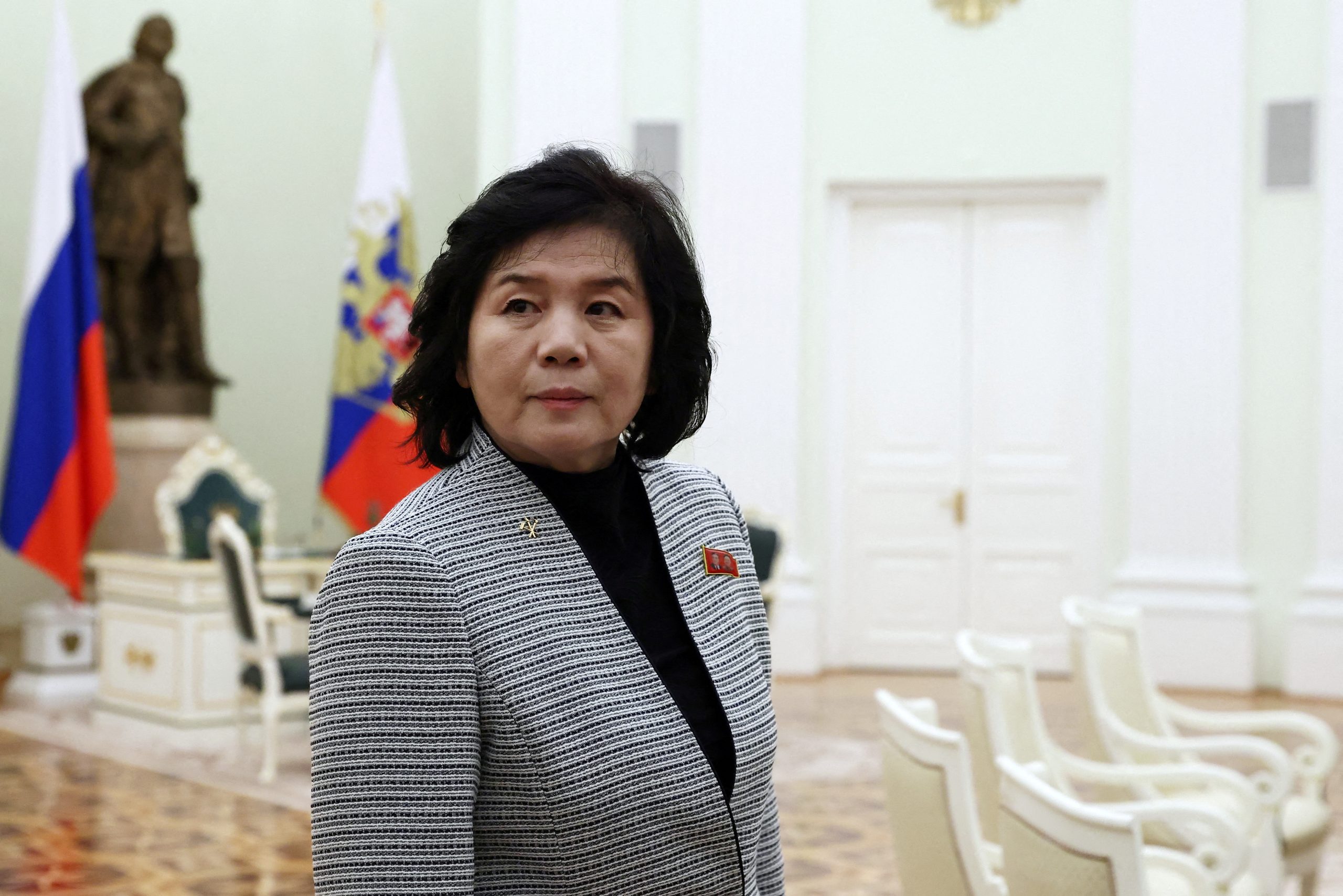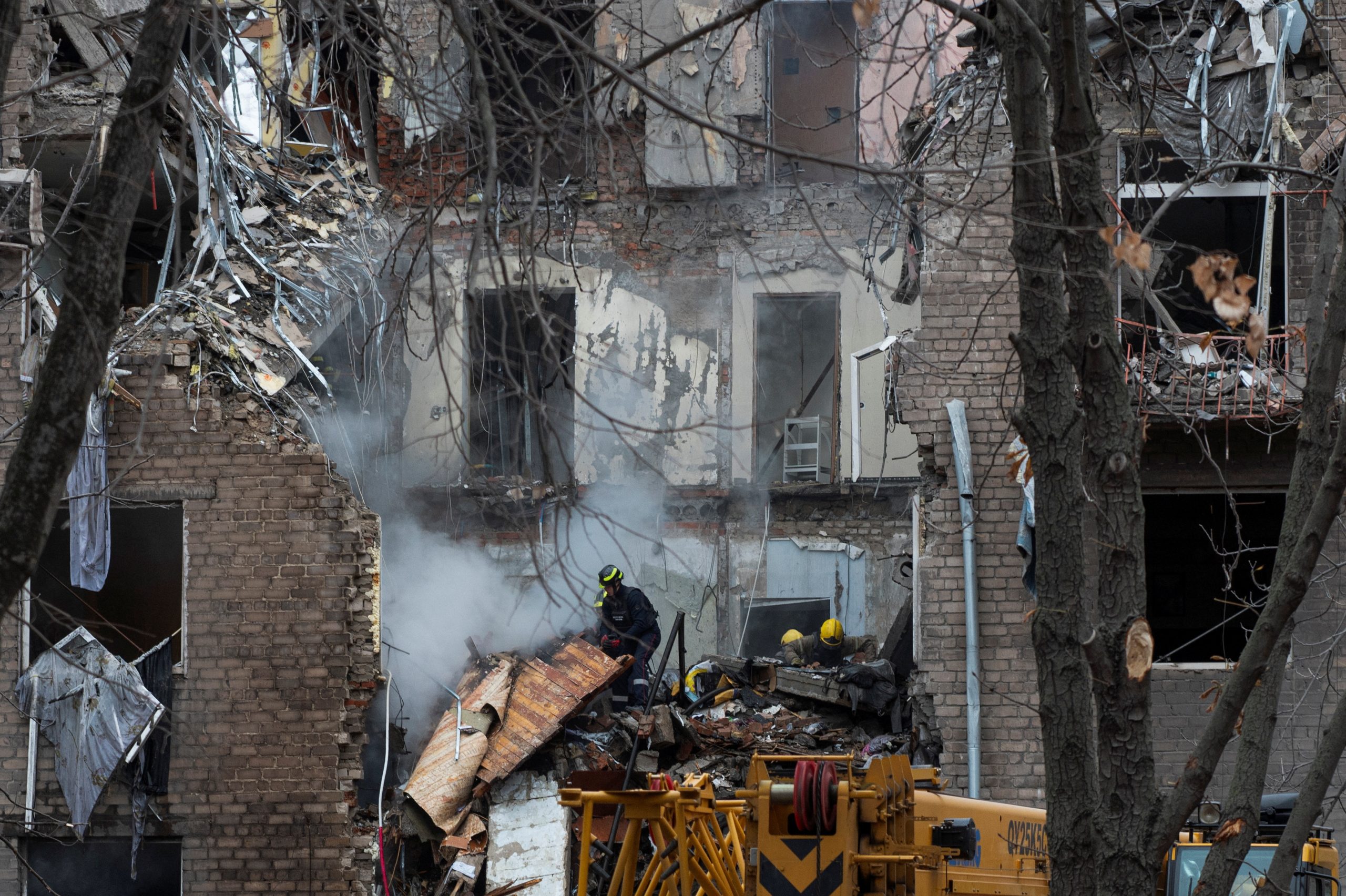In a shocking and deadly attack that has left Pakistan grieving and the world watching, a powerful bomb blast tore through the bustling Quetta railway station in Balochistan province on November 9, 2024. The explosion has claimed at least 21 lives, with 46 more injured, some critically, as families and commuters in the station’s crowded halls became the tragic targets of separatist violence. The devastating incident underscores a harsh reality for Pakistan, as the Baloch Liberation Army (BLA) – a notorious separatist group – claimed responsibility for the brutal attack, intensifying fears of more civilian-targeted strikes.
This bombing represents one of the BLA’s most aggressive moves against the public in recent years, signaling an alarming escalation in their tactics. The group, which has historically targeted security forces and infrastructure to push its agenda for Balochistan’s autonomy or independence, has now turned its attention to a civilian hub, raising questions about what may come next. Analysts say this shift marks a disturbing trend in the BLA’s insurgency strategy, with an increased willingness to strike ordinary citizens to amplify their message and pressure the government.
Government Response: Swift and Strong
The Pakistani government has responded swiftly, condemning the attack as a “heinous act of terror” and launching an all-out investigation to track down those responsible. Prime Minister and military officials have vowed not only to bring the perpetrators to justice but to bolster security at key transit hubs across the nation. Already, security forces are stepping up their presence at railway stations, airports, and public spaces, hoping to reassure the public while preventing any further incidents.
Interior Ministry spokespersons have announced the deployment of additional troops to Balochistan, specifically around critical infrastructure and public spaces. The investigation is also expected to involve extensive intelligence gathering to prevent similar attacks and dismantle any networks connected to the BLA. The government is calling on international allies for additional support in combating separatist extremism and maintaining regional stability.
A Broader Crisis in Balochistan
This attack sheds light on the deep-seated turmoil and complex security challenges facing Balochistan, Pakistan’s largest but least populated province. Rich in natural resources, Balochistan has long been a focal point for separatist ambitions, with various groups pushing for greater autonomy and control over local resources. The region’s struggle has led to years of clashes between separatist groups like the BLA and Pakistani security forces, often resulting in tragic civilian casualties. This bombing brings a harsh reminder of the human cost of this ongoing struggle and the pressing need for a political solution.
International Condemnation and Condolences
The tragedy at Quetta has drawn condolences from world leaders and organizations alike, with statements of solidarity pouring in from neighboring countries and global institutions. The United Nations condemned the attack, calling it a “cowardly act of violence against innocent civilians” and offering support to Pakistan in the wake of the tragedy. Many international leaders have also highlighted the broader need for peace and stability in Balochistan, urging all parties to work toward a diplomatic solution to prevent further bloodshed.
A Nation in Mourning, but Resilient
For now, Pakistan mourns. Images of the aftermath, with families desperately searching for loved ones among the debris, have gripped the nation. Quetta’s hospitals are overwhelmed, with medical teams working around the clock to treat the injured, many of whom face life-threatening injuries. Volunteer groups and emergency responders have rushed to assist, showing a glimmer of unity and resilience amidst the sorrow.
As Pakistan moves forward from this tragedy, the blast at Quetta serves as both a wake-up call and a call to action. Security experts warn that without renewed efforts to address the underlying issues fueling the BLA’s insurgency, similar attacks may only become more frequent and more destructive. With the nation on high alert, the government faces mounting pressure to find a path forward – one that ensures safety, fosters stability, and, perhaps most critically, seeks a resolution to the unrest in Balochistan. The world will be watching closely as Pakistan confronts the aftershocks of this horrific attack and attempts to chart a course toward lasting peace.
















